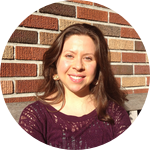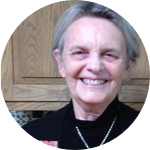Please wait...
About This Project
Some Orthodox Christians restrict their consumption of animal products during Lent, the 40+ days before Easter/Pascha. It remains unclear if or how this practice influences health and/or sense of well-being. This study will explore if Orthodox Christians in the United States experience any changes in markers of health, energy, and mood during their Lenten season and how any changes may be related to short-term shifts in diet or other lifestyle factors.

Browse Other Projects on Experiment
Related Projects
Unlocking the origins of horse-humans interactions: Radiocarbon dating of ancient horse bits
Horses transformed human history, and horse control technologies evolved over centuries, as demonstrated...
Using community science to evaluate the intersection of social, racial, and economic injustices in North Birmingham, AL
Environmental injustices differentially impact low wealth communities of color, and this pattern of inequity...
How are rural communities on the edge of the largest tropical peat swamp forest in the Congo Basin using peat resources?
Climate change and human interference threaten to degrade the world’s largest tropical peatland. No detailed...




